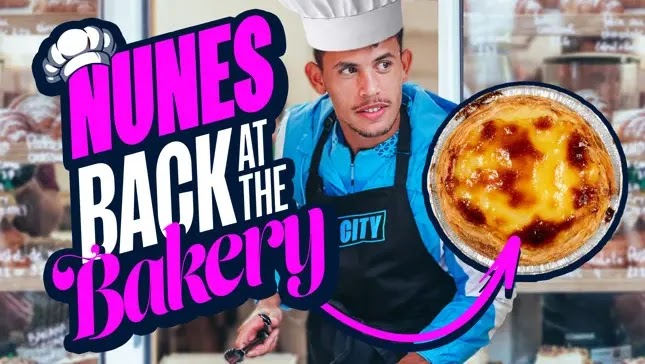Urgent Need to Regulate High-Caffeine Energy Drinks for Child Safety
Urgent Need to Regulate High-Caffeine Energy Drinks for Child Safety
Pediatricians and concerned parents are urging the United States to treat new high-caffeine energy drinks with the same caution as alcohol and cigarettes, advocating for a ban on their sale to minors due to the alarming caffeine content. These beverages can pack as much caffeine as six cans of Coca-Cola in a single serving, raising health and safety concerns among experts.
One such product, Prime Energy, recently introduced to the market, contains a staggering 200 mg of caffeine in a 350 ml can. This exceeds the allowable caffeine limits set by countries like Canada, Australia, and New Zealand. Competing products such as Ghost energy drinks backed by Anheuser Busch InBev and Kim Kardashian's "Kimade" energy drink also boast the same high caffeine content. Comparatively, Monster Energy contains 150 mg of caffeine.
As the caffeine levels in these energy drinks have surged over time, some nations and retailers have already prohibited their sale, while a few have instituted age verification requirements for purchasing. However, in the US and UK, no nationwide regulations exist to restrict the sale of high-caffeine energy drinks.
Dr. Holly Benjamin, a prominent pediatric and orthopedic surgery professor at the University of Chicago, explains that without age restrictions akin to those governing alcohol and tobacco, retailers are unlikely to limit access voluntarily. The American Academy of Child and Adolescent Psychiatry confirms that there isn't a proven safe caffeine dose for children.
Dr. Benjamin suggests that retailers could differentiate between sports and energy drinks through separate displays and labels, but she emphasizes that this change would require regulatory intervention. She asserts that any energy drink with such high caffeine levels is unsafe for children.
The potential side effects of children consuming caffeine are concerning, including rapid heartbeats, irregular heart rhythms, headaches, seizures, tremors, stomach issues, and negative impacts on mental health.
The US FDA is presently examining a request by Senator Chuck Schumer to investigate Prime Energy's caffeine content and its marketing towards children. However, Prime representatives, as well as those from Ghost Energy and Monster Energy, have chosen not to comment.
Prime's co-founders, social media influencers Logan Paul and KSI, claim they aren't targeting children with their product. They contend that it's up to retailers to prevent sales to minors.
The American Medical Association advocates for a ban on marketing caffeinated drinks to individuals under 18 and urges regulators to mandate "child-resistant packaging" for high-energy drinks.
Kinneret Shick Ohana, a mother of five from Florida, experienced confusion when seeing the vibrant Prime Energy cans her children were excited about at Walmart. The inconspicuous "energy drink" label on the cans went unnoticed, leading her to accidentally purchase it for her kids.
Industry watchdogs like Bonnie Patten, Executive Director of Truth in Advertising (TINA), assert that energy drink companies are marketing products meant for adults to children, exemplified by Prime Energy's colorful cans.
Some retailers, like GNC, have imposed an age restriction of 18+ for energy drink purchases, while others like Target and Walmart do not consistently verify buyers' ages, contributing to the accessibility of these products to minors.
Lawyers suggest that labels indicating that these drinks are "not recommended" for kids generate confusion among retailers about appropriate restrictions on sales to children.





